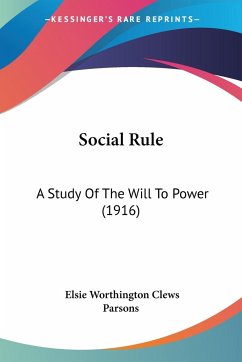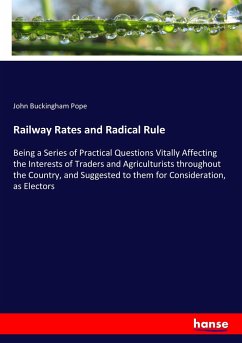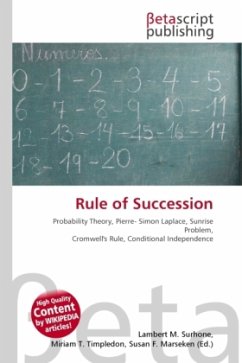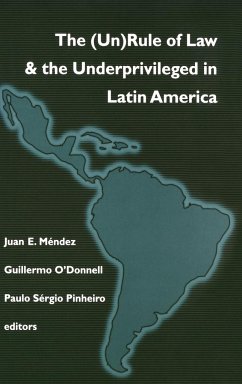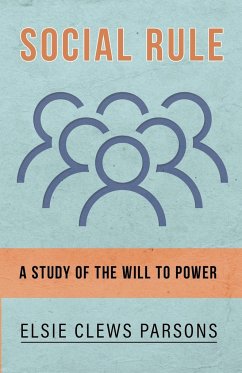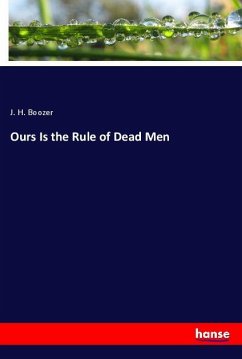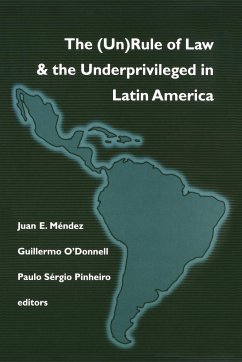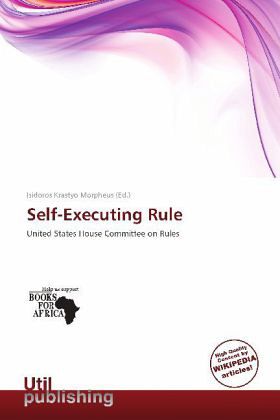
Self-Executing Rule
United States House Committee on Rules
Herausgegeben: Krastyo Morpheus, Isidoros
Versandkostenfrei!
Versandfertig in 6-10 Tagen
26,99 €
inkl. MwSt.

PAYBACK Punkte
13 °P sammeln!
The self-executing rule, also known as "deem and pass", is procedural measure used by the U.S. House of Representatives to approve legislation. If the full House votes to approve a legislative rule that contains such a provision, the House then deems a second bill as also approved without requiring a separate vote, as long as that second bill is specified in the rule. That is, if the vote on the rule passes, then the second bill is passed as part of the rule vote. When considering a bill for debate, the House must first adopt a rule for the debate as proposed by the House Rules Committee. This...
The self-executing rule, also known as "deem and pass", is procedural measure used by the U.S. House of Representatives to approve legislation. If the full House votes to approve a legislative rule that contains such a provision, the House then deems a second bill as also approved without requiring a separate vote, as long as that second bill is specified in the rule. That is, if the vote on the rule passes, then the second bill is passed as part of the rule vote. When considering a bill for debate, the House must first adopt a rule for the debate as proposed by the House Rules Committee. This rule comes in the form of a simple resolution, which specifies which issues or bills are to be considered by the House. If the House votes to approve a rule that contains a self-executing provision, it simultaneously agrees to dispose of a separate matter as specified by the rule. For example, modifications or amendments can be approved while underlying bill is approved at the same time.



